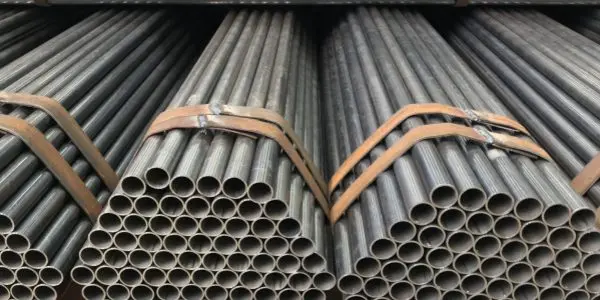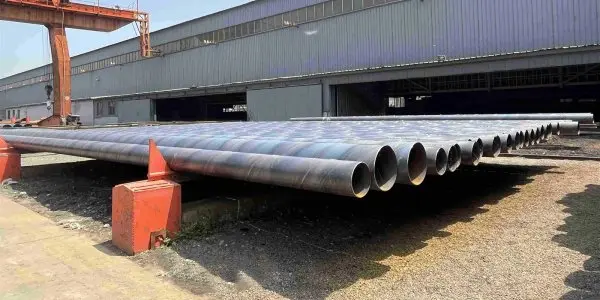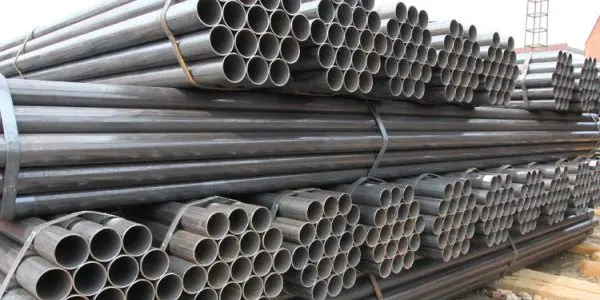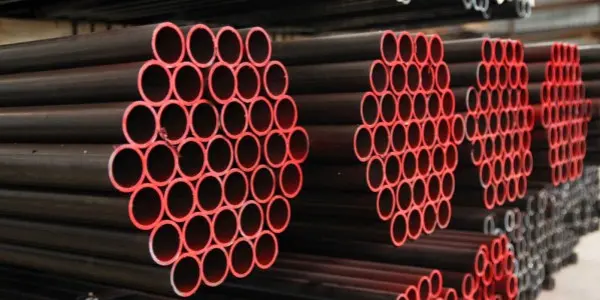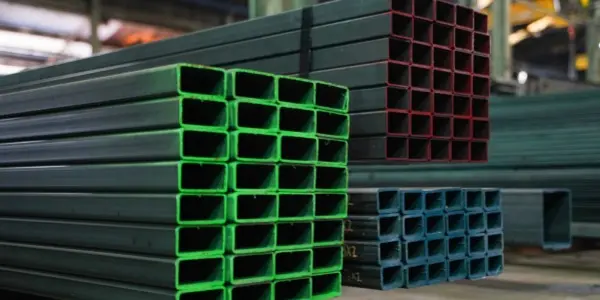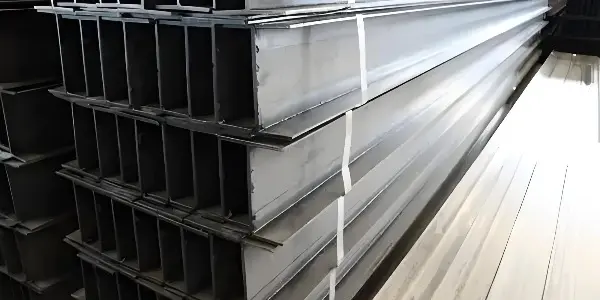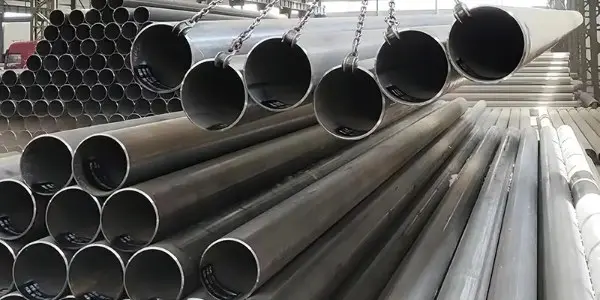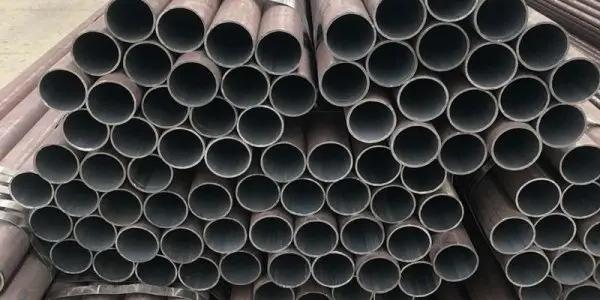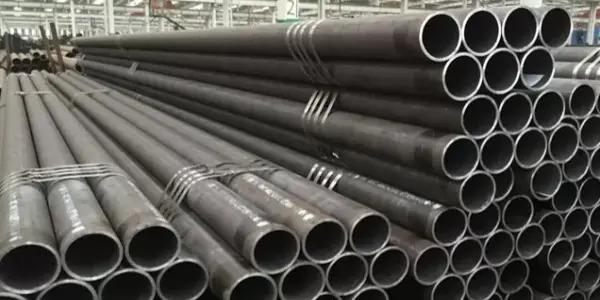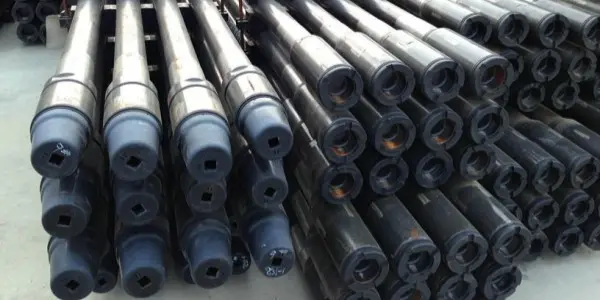-
ERW pipe welding code - common defects and prevention strategies
ERW (Electric Resistance Welding) pipes are manufactured by welding steel plates, with the weld seam formed by melting the base material of the steel strip. This results in superior mechanical strength compared to conventional welded pipes. The most distinguishing feature of ERW pipes, in contrast to seamless steel pipes, is their weld seam, which directly influences their quality. However, welding defects pose a major challenge in ERW pipe production, affecting safety, structural integrity, and increasing manufacturing and maintenance costs. Understanding common welding defects and their preventive measures is essential for enhancing the quality and reliability of ERW pipes.
Read More
-
Introduction to the 1420 SSAW steel pipe
1420 SSAW steel pipe is a spiral submerged arc welded steel pipe with a common specification of 1420x10mm. It is made of high-quality steel plates as raw materials and undergoes processes such as shearing, bending, and submerged arc welding. With high strength and corrosion resistance, it is widely used for transporting fluids such as oil, natural gas, and water, as well as in structural engineering.
Read More
-
Quality inspection items and significance of carbon steel pipes
As a crucial material widely utilized across industries such as construction, machinery, and vehicles, the quality and performance of carbon steel pipes (CS pipes) directly impact the overall integrity and safety of engineering projects. Therefore, conducting comprehensive and precise inspections of carbon steel pipes is essential.
Read More
-
The influence of SMLS pipe wall thickness on performance
The wall thickness of an SMLS (Seamless) steel pipe plays a crucial role in determining its performance, particularly in terms of strength, pressure resistance, corrosion resistance, processability, and overall durability. Union Steel Industry Co., Ltd. has summarized the following key effects of SMLS pipe wall thickness on performance.
Read More
-
Types and features of rectangular steel pipes
Rectangular steel pipes are a widely used steel product in construction, manufacturing, and various other industries. Known for their stable structure, high load-bearing capacity, and excellent corrosion resistance, these pipes are favored for a broad range of applications. Depending on manufacturing processes and material properties, rectangular steel pipes can be classified into different types, each with unique advantages and uses.
Read More
-
Application fields of H-shaped steel
H-beams have become a crucial structural component in modern engineering across various fields, including construction, bridges, machinery manufacturing, and energy. With their distinctive cross-sectional shape, outstanding mechanical properties, and broad application potential, H-beams play a vital role in structural design. This article explores the applications of H-beams, starting with their structural characteristics and examining their unique value in different engineering scenarios.
Read More
-
Application of ERW pipes in construction industry
Electric Resistance Welded (ERW) pipes are a type of welded steel pipe manufactured through resistance welding. The production process involves generating heat through electrical resistance at the weld seam, which brings the metal to a molten or plastic state. Pressure is then applied to fuse the materials, creating a strong, durable joint. In essence, ERW pipes utilize the thermal effect of electricity to join metal sections into a continuous pipe. Due to their unique manufacturing process, ERW pipes are widely used in the construction industry. Below, we explore their key advantages and applications.
Read More
-
How to ensure the safety of SMLS pipes in construction?
The safety of SMLS steel pipes in construction is guaranteed through standardized material selection, rational design, rigorous installation processes, scientific maintenance, and effective testing. With their high strength, excellent pressure resistance, and absence of welding seams, SMLS steel pipes are widely used in construction projects with demanding safety standards. Below are the main measures to ensure the safety of SMLS steel pipes in construction.
Read More
-
Advantages of SMLS pipes in the power industry
SMLS steel pipes have significant and irreplaceable advantages in the power industry, ensuring their wide application and vital role in this field. Union Steel Industry Co., Ltd. has summarized the following key benefits of SMLS steel pipes in the power industry.
Read More
-
Drill collar handling and safety precautions
Due to their considerable weight and size, drill collars require careful handling and strict safety precautions to ensure the safety of the drilling crew and protect the integrity of the equipment. Proper handling is vital to prevent accidents, injuries, and damage to both the drill collars and other drilling system components.
Read More

 English
English Español
Español




 Tel : +86-18565811709
Tel : +86-18565811709 Email :
Email : 
